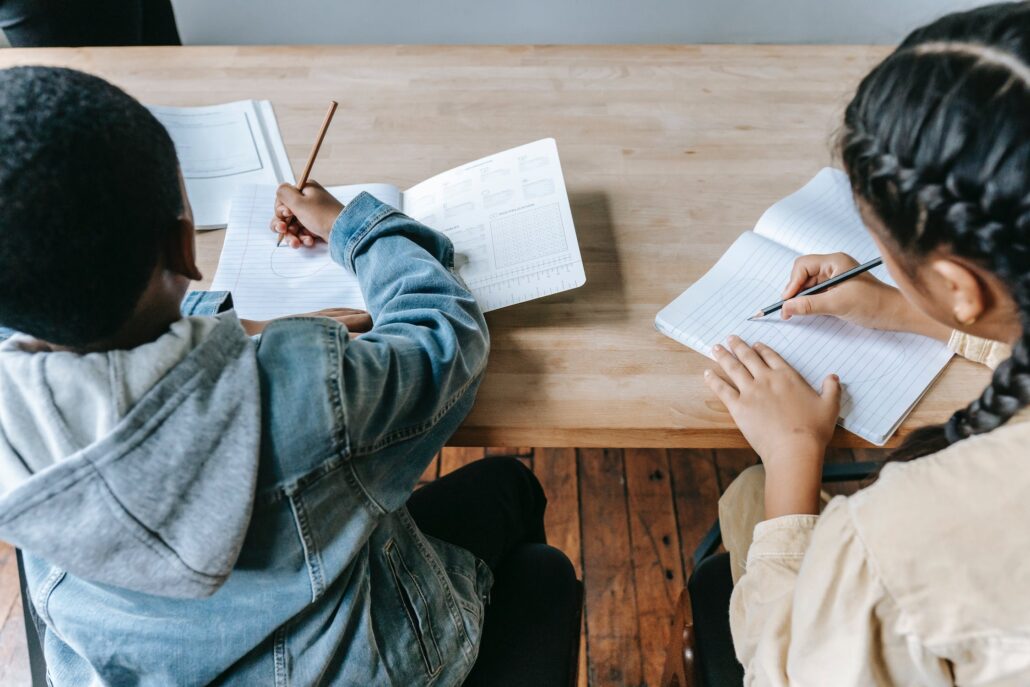
Types of learning difficulties and interventions used with children with learning difficulties
learning difficulties
A learning disability is a disorder that affects how a child receives information and how he processes that information he receives. Children diagnosed with LD may face challenges in the following areas:
- Reading field
- Writing field
- Account field
- Understand trends
Learning disability disorder is one of the most common disorders among children and may affect between 8% and 10% of children under the age of 18 in the United States.
There is no correlation between learning difficulties and intelligence. Therefore, a child diagnosed with learning difficulties may hear or understand things around him differently than others. Examples could be difficulties with everyday tasks such as studying for a test or maintaining a child’s concentration in class. The importance of early intervention in detecting a child’s learning difficulties and knowing the appropriate strategies and interventions for him may reduce the challenges he faces in daily life, especially in the classroom.
Types of learning difficulties
There are many different types of learning difficulties and the impact of learning difficulties may play out differently from one child to another. It is worth noting that learning disability disorder and autism spectrum disorder, ADHD and hyperactivity disorder are completely different in the way they affect the performance of children with learning disabilities.
The main types of learning disability disorder include:
Motor coordination skills
Motor coordination skills affect the child’s motor skills, Motor skills help coordinate movements in functional performance.
A child diagnosed with poor motor coordination may have difficulty holding a spoon or tying a shoe and may have challenges writing and typing as well. Other challenges associated with dyslexia may include:
- Speech difficulties
- Sensitivity to light, touch, Taste
- Difficulty in eye movements
Dyslexia
Dyslexia is a learning difficulty that affects difficulty in verbal processing of language. The challenges of dyslexia are in reading and writing where the child can have difficulty with grammar and reading comprehension and children may have difficulty expressing themselves orally by how to put ideas together during conversation with others.
Dysgraphia
Dysgraphia may affect a child’s writing abilities, and those diagnosed with dysgraphia may suffer from a range of challenges, including:
- Difficulty coordinating handwriting
- Difficulty spelling letters
- Difficulty writing down ideas on paper
Dyscalculia
Dyscalculia affects a child’s arithmetical ability in mathematics. Dyscalculia in mathematics can take many forms and may differ from one child to another. In early childhood, dyscalculia may affect children’s learning, recognizing and counting numbers, In late childhood, the child may face challenges in solving basic mathematical problems or memorizing multiplication tables.
Auditory processing disorder
The child may have difficulty processing sounds received by the brain as auditory processing disorder is not caused by hearing loss. Children diagnosed with auditory processing disorder may have problems with:
- Difficulty reading
- Difficulty distinguishing sounds when there is noise in the surrounding environment
- Difficulty following verbal instructions
- Difficulty distinguishing between similar words
- Difficulty remembering things they hear
Visual processing disorder
A child diagnosed with visual processing may have difficulty interpreting visual information. The child may have difficulty reading and distinguishing between two similar objects, as children diagnosed with visual processing often have difficulty with hand-eye coordination.
Diagnosing learning difficulties
Learning disabilities can be difficult to diagnose because there is no specific list of symptoms that may apply to every child. Also, many children may try to hide the problem so that it is difficult to recognize these symptoms, and the symptoms may become clear through repeated complaints about the child’s lack of commitment to doing homework and his lack of commitment to going to school.
The most common signs of learning difficulties
- Low motivation and enthusiasm for reading and writing
- Difficulty memorizing and remembering everyday things
- Work slowly while solving tasks
- Difficulty following instructions
- Difficulty focusing on tasks
- Difficulty understanding abstract ideas, lack of interest in details, or extreme concern about details
- Poor social skills
- Chaos when doing daily tasks
Therefore, when parents suspect that their child is suffering from difficulty in the above-mentioned points, they must: You should talk to the pediatrician or teacher responsible for the child to evaluate him. It is also necessary to see several specialists before obtaining a final diagnosis for the child. These specialists may include:
- Clinical psychologist
- School psychologist
- Occupational therapist
- Speech and language pathologist
Depending on the difficulties the child is facing they will perform a variety of tests and evaluation to reach the appropriate diagnosis for the child.
Early intervention and learning difficulties disorder
Early intervention may help parents and teachers recognize the early signs of learning disability and help the child get appropriate intervention. Therefore, it is important to monitor the child’s development by the parents, as delay in walking or delay in speaking and delay in social skills can be signs that indicate the possibility of a learning disability disorder in children in early childhood.
Interventions used with children with learning disabilities
Including the child in special education programs is one of the most effective interventions for learning difficulties. Under the Individuals with Disabilities Education Act (IDEA), all children diagnosed with a learning disability are entitled to receive free special education services in public schools.
After conducting the assessment to determine the child’s areas of deficiency, The specialized team will write the individual educational program for the child and determine the support services he needs at school. It will help special education teachers build strengths and raise the child’s abilities to the greatest extent possible.
Other services for children with learning difficulties outside public schools, Of which:
- Private schools, which include a special education department designed specifically for children with learning difficulties
- After-school programs designed for children with learning disabilities
- Home session service for children with learning difficulties
Learning difficulties disorder should not be an obstacle to success in learning. Therefore, appropriate strategies and interventions must be used for children with learning difficulties.
How to raise a child with learning difficulties disorder
It may be difficult for parents to discover that their child suffers from a learning disability disorder, and it may be confusing for them, as diagnosing a child with a learning disability disorder may worsen their psychological condition, and searching for the appropriate intervention for their child is an arduous process for them.
Therefore, appropriate strategies and interventions for parents to carry out to support and help a child with learning difficulties disorder are: Of which:
Learning and searching for appropriate intervention: Parents should search for relevant information about learning disability disorder and also search for appropriate strategies which in turn determine the appropriate intervention for the child.
Be supportive of your child: Parents must work with the school to develop an Individualized Educational Plan, which is a specific plan that includes the child’s educational goals and describes appropriate support services to reach the specified goals. Parents should also understand the school’s rules and policies so you can be sure to ensure your child receives the appropriate services.
Make sure your child has good health habits: Parents must make sure that their child gets enough sleep at night. And follow healthy eating habits, And exercise.
Monitor the child’s condition: Learning difficulties can affect the child’s psychological state, so parents must monitor the child’s psychological state in terms of mood swings. Sleep disturbances or loss of appetite, Loss of interest in usual activities, Parents should also pay attention to symptoms of depression.
Reference:
